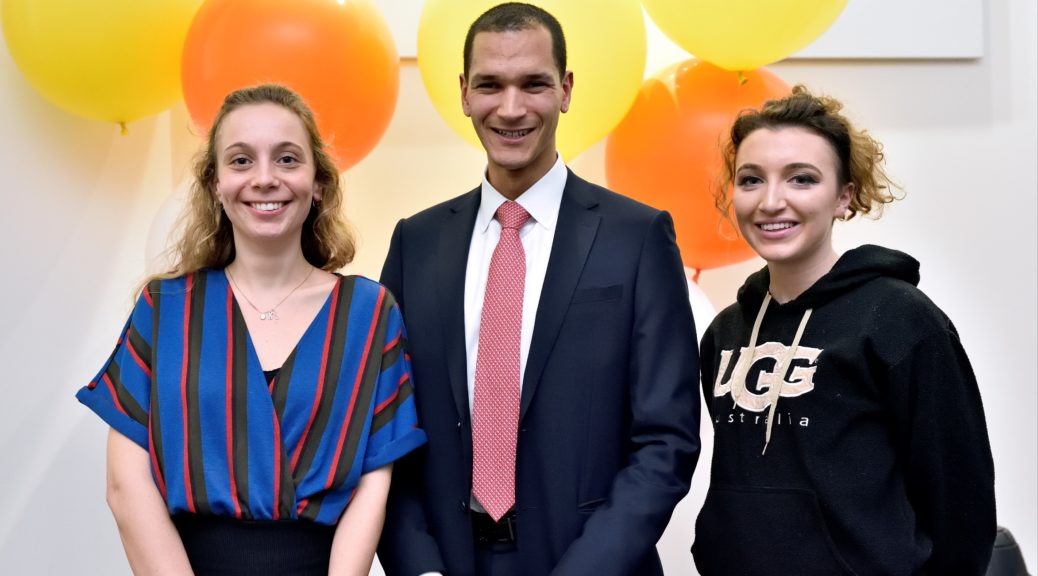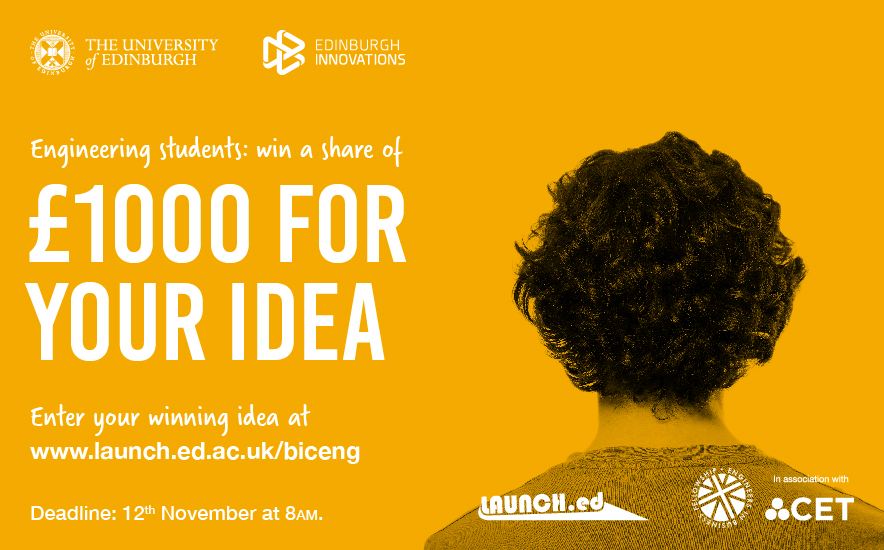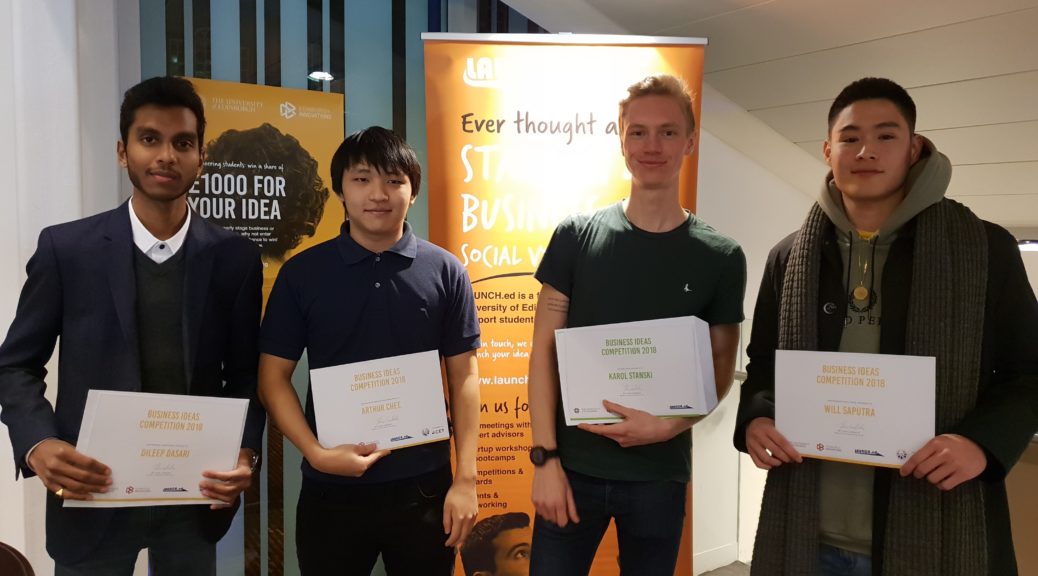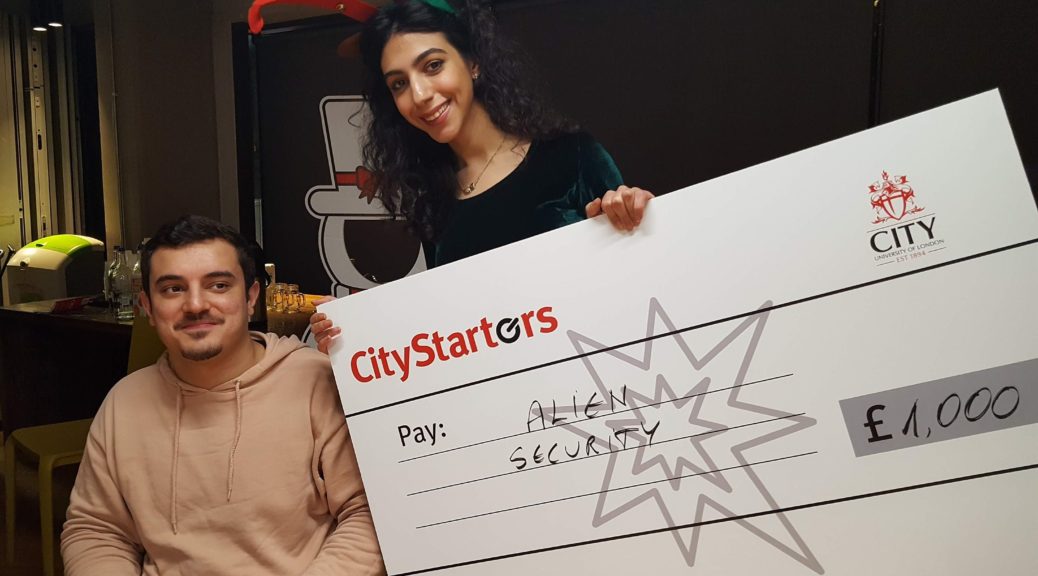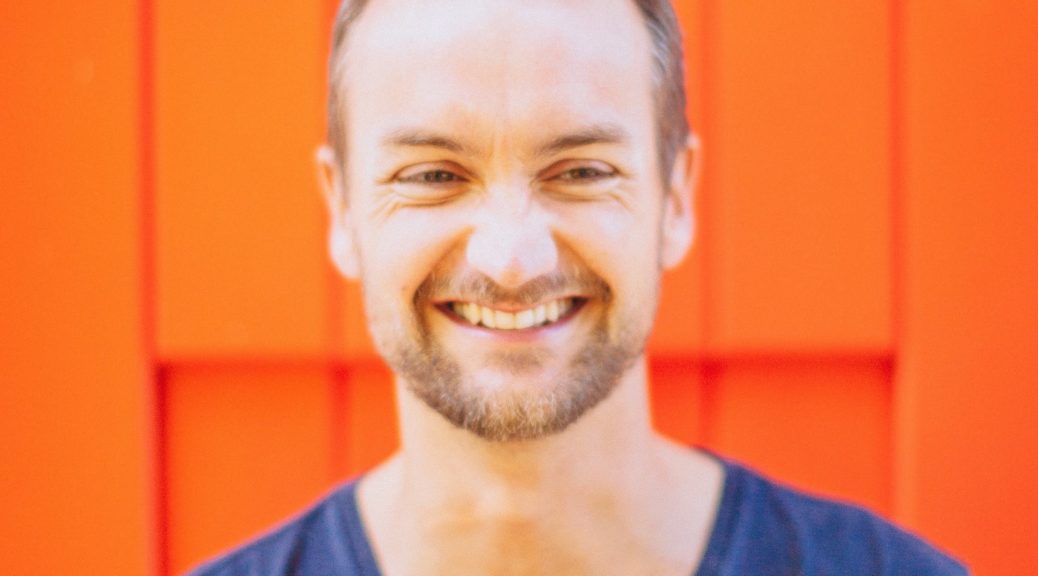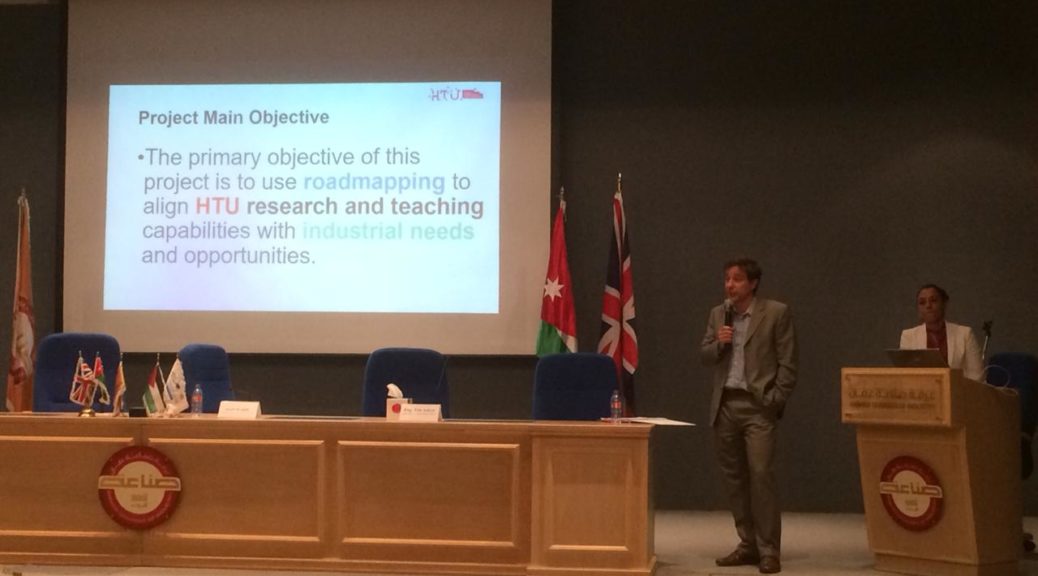
The experience, network and friends I have gained through the Engineers in Business Fellowship have had an enormous impact on my career and personal development since I graduated from INSEAD in 2001, supported by a Sainsbury Management Fellows scholarship. But perhaps the most valuable aspect of this continuing relationship for me has been the opportunity to work with the Royal Academy of Engineering’s Engineering Leadership Scholarship (ELS) scheme.
Over the past 17 years, I have worked alongside other SMFs, Academy fellows and ELS alumni to help select new ELS awardees from each year’s engineering undergraduate applicants, and to help train and mentor each new cohort. These are some of the world’s brightest young engineers, intent on using engineering skills to tackle society’s toughest problems, and looking for support for their personal development plans that will see many of them become future engineering leaders.
I hope sharing some of my experience of the ELS scheme will tempt you to get in touch to find out how you can help the Royal Academy of Engineering develop this next generation.
About the Engineering Leadership Scholarship scheme
The ELS programme is an annual award scheme for undergraduates in engineering and related disciplines who have the potential to become engineering leaders, and in turn to act as role models for future engineers. All successful applicants receive £5,000 to be used over three years towards personal development activities. Award recipients also receive training and mentoring to help them fulfil their potential to move into engineering leadership positions in industry soon after graduation.
The trigger for me getting involved in the ELS programme came at an SMF Annual Dinner 17 years ago, from a chance conversation with Dr Peter Revell, then Undergraduate Programme Manager at the Royal Academy of Engineering. I discovered that the relationship between Sainsbury Management Fellowship and the Royal Academy of Engineering was broad and synergistic, with reciprocal involvement across the selection, training and mentoring activities of each organisation.
Not only was my interest piqued, I also felt that getting involved in the ELS programme could allowed me to start ‘paying forwards’ the generosity of the SMF scheme from which my own career and personal development has benefitted.
Helping on selection day
My involvement in the ELS scheme has grown over the years, and began with supporting the interview and selection event. Held in March each year, this annual event brings together selected engineering undergraduates from top-ranked higher education institutions all over the country to take part in an intense, fun-packed day of group exercises and networking, with individual interviews taking place in between these activities.
Although not a formal part of the selection process, the group exercises help candidates to relax and socialise, and conversations during breaks and lunch with other applicants, ELS alumni, SMFs and RAE fellows provide a flavour of the energy, diversity, and common purpose of this high calibre engineering community. At interview, candidates get to share their perspective on the role of engineering in society, their background, ambitions and career plans, as they try to secure one of the £5,000 scholarships awarded each year.
I first began my involvement with the interview and selection process gently, initially sitting alongside a Royal Academy of Engineering fellow who would lead the interview. More recently I have led interviews alongside other SMFs and ELS alumni who are now also involved in the selection process. Around seventy interviews take place throughout the day, typically with 10 interview panels assessing seven candidates in a series of half-hour interviews. The supporting interviewer sits with one lead interviewer in the morning and another in the afternoon, which helps provide another perspective and ensure consistency across each of the interview panels. After the interviews are complete, the selection process concludes with a structured review of candidate interview performance against the ELS award’s selection criteria, in which all interviewers share their findings. Supporting interviewers can summarise their assessment of a candidate’s strengths and weaknesses, often providing an important second opinion that helps balance or qualify the assessment of the person leading the interview.
The ELS training weekend – Saturday all day & Sunday Half Day: October 5 & 6 2019
I also take part in the annual ELS training event held at Aston University each year. These weekend events are in theory more relaxed than the selection days, though are larger events since all three current cohorts attend, and in practice share much of the same atmosphere, energy and pace. For the new awardees it’s an opportunity to meet others in their group, compare personal development plans, and learn about the impact of the award for several ELS alumni who have begun their engineering careers.
Participants arrive on Friday evening or Saturday morning, with the most recent cohort arriving first for a formal welcome and scene-setting talk. The weekend’s schedule is punctuated throughout with coffee and lunch breaks where all three cohorts mingle and meet with their fellow award holders, and with SMFs and RAE fellows.
Saturday kicks off with a series of break-out sessions with each cohort having its own tailored programme of group-based interactive activities covering a range of topics from personal development planning, communication, team working, negotiation, marketing, and MBA-style business games and role-playing activities. SMFs play a key role in preparing, running and supporting these exercises.
Before breaking for dinner, two to three recent graduates of the scheme give short presentations to the whole group about their current roles, and how they have used their financial award. Aside from the enthusiasm, confidence and charisma of the speakers, what is most striking in these alumni presentations is the breadth and quality of experience that the ELS scholarship has enabled – whether on a summer spent developing an energy access project in Africa, a study tour to visit high tech manufacturing businesses in China or an internship with a startup in Silicon Valley. This forum helps current award holders recalibrate their own personal development plans, and go on to test their ideas with other award holders who may be a year or two ahead of them, either through face to face discussion during the weekend or subsequently via LinkedIn and email contacts shared at the event.
Sunday morning sees each cohort group back at ‘work’ in another set of interactive group sessions followed by a career planning Q&A session with ELS alumni and SMFs before heading off shortly after lunch.
Getting involved
The level of volunteer time commitment required for the ELS scheme is entirely flexible. I started by supporting interview panels and then extended my involvement by supporting, and then delivering activities within the training weekend. I have mentored a number of ELS awardees and through my company Libertine FPE we have on one occasion provided an internship.
Although there is certainly value in having individual SMFs support any one aspect of the ELS scheme, I’ve found that participation in both the selection and training events has some synergistic benefit, with the training weekend highlighting the impact of scheme and the calibre of current and past award holders, and the selection event providing a first introduction to future award holders.
So, what do I perceive to be the benefits of the ELS scheme, and getting involved? The media often highlights the UK’s skills gap, but the ELS programme demonstrates that UK universities are producing some very high calibre graduates. Apart from the opportunity to share my MBA and career experience with ELS award holders (possibly future SMF scheme applicants – many ask about the right time to study for an MBA) – mixing with the brightest talent also brings new insights about my own career and engineering business.
It’s also helped me to understand the processes and influences through which undergraduates decide on their engineering path, their career aspirations, what impact they want to have on society and their decisions about taking a job with a blue-chip engineering firm or a start-up business.
Taking part in the ELS training weekend also provides time for reflection. I am very conscious that in my choice of career at Libertine, I have deliberately chosen to focus on building a company that could help address the global challenges of our generation at the intersection of population growth, resource consumption, energy and climate change.
It’s a finely balanced one because the world is facing unprecedented and urgent climate and resource crises that loom larger each day. Pessimistic media headlines can add to the impression that politics will be too slow to react, that national action will be too limited to be effective and that the challenge is likely to be insurmountable. The Royal Academy of Engineering ELS events are the perfect antidote to this sort of fatalism. Mixing with 300 or so of these stellar new engineers, all energised by the idea of bringing engineering solutions to bear these big challenges, and realising that this is not unique, that all over the world millions of scientists and engineers are graduating each year to join the fray, I get a renewed sense of shared purpose and technology optimism.
How you can help
James Raby has played an important role in supporting ELS selection process and delivering several of the group sessions in the ELS training events over many years. James has also helped build awareness of the ELS scheme and the essential supporting role of SMFs. His tragic death last year leaves a gap that must be filled.
My hope is that a handful of SMF volunteers can get involved in the Engineering Leadership Scholarship programme, helping the RAE to develop the next generation of engineering leaders. The most urgent priority is to provide continuity of SMF support to help define and deliver the October 2019 training weekend, and ensure that this is a success.
In future, I hope that SMFs will continue to play an important role in the ongoing development and delivery of the ELA scheme. It has been a great experience for me. If you would like to know more and join a meeting with the RAE in August to help plan the October 2019 training weekend, please email cathy.breeze@smf.org.uk.










